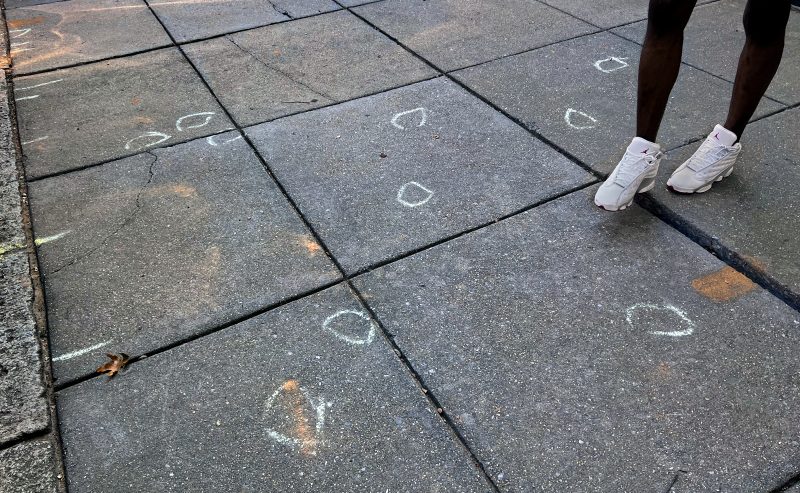There are a few typical responses to mass shootings from people who are unsupportive of restricting access to guns. That the fundamental cause of the tragedy was the mental health of the shooter, for example, or that the immediate focus should be on expressing one’s condolences and prayers to those affected.
The latter of those overlaps with the insistence that the aftermath of a mass shooting is not a moment in which to discuss the politics of gun ownership. It’s too soon, Americans are told; the tragedy too fresh. It’s uncouth, crass, coldhearted to pivot from the deaths of multiple people to any discussion about preventing such tragedies in the future.
Often this response is sincere. People who don’t think that new restrictions on gun ownership should be enacted would be expected to see such advocacy as political or opportunistic. But there’s an element of this response that is itself opportunistic: Instead of broaching the subject of gun restrictions when the negative effects of readily accessible firearms is obvious, delaying those discussions until emotions settle means a muted opposition.
It’s hard not to notice, though, that this restriction on discussing mass shootings in the immediate aftermath of a mass shooting means a seemingly unending restriction on such discussions — thanks to the seemingly unending series of mass shootings.
To make this point, I created a tool that allows you to see whether any day in the past eight years is one in which it was acceptable to discuss the politics of gun ownership.
The boundaries of that acceptability are tricky to identify, of course, which is part of the point. When is it “too soon?” Certainly in the hours afterward, or even the next day. But a week later? Two? Does it matter how many people died? Whether there’s still ongoing news discussion about mass shootings?
Instead of making these determinations for you, the tool below looks at five different criteria. If any one of those criteria is violated, the day is deemed unsafe for political discussion. If none of the five are, such discussions were safe.
The criteria:
Whether there was a mass shooting (four or more people shot) on that dayWhether there was a mass killing (three or more people killed in one incident) that dayWhether there were more than three mass shootings in the prior weekWhether any of those mass shootings left at least three people deadWhether cable news mentions of “mass shooting” had declined relative to the average the week prior
(That last bit of data comes from the Internet Archive’s index of coverage on CNN, MSNBC and Fox News.)
You might think that this establishes a narrow boundary for acceptability. Perhaps, but it’s not as though no dates fit all five criteria. In fact, out of the 2,923 days since Oct. 27, 2015, fully 38 days were ones on which such discussions were safe — plenty of time to figure out a path forward on gun legislation.
Which days were those? See if you can find them.
Is it safe to discuss gun politics?
If you’re curious when the most recent such day was, a hint: You might have been caroling wearing a face mask.
Since then? Too soon.

